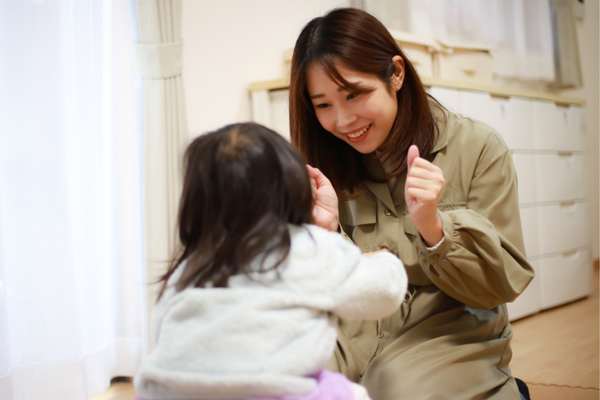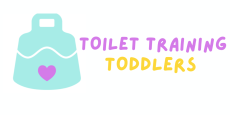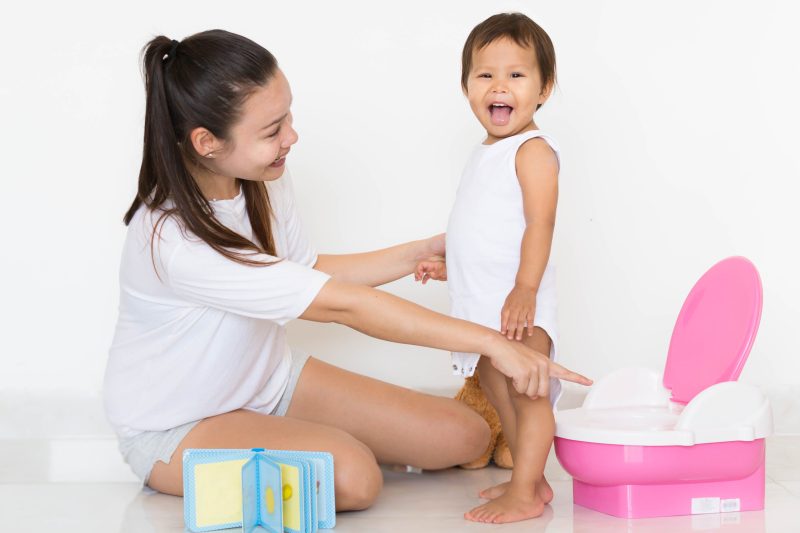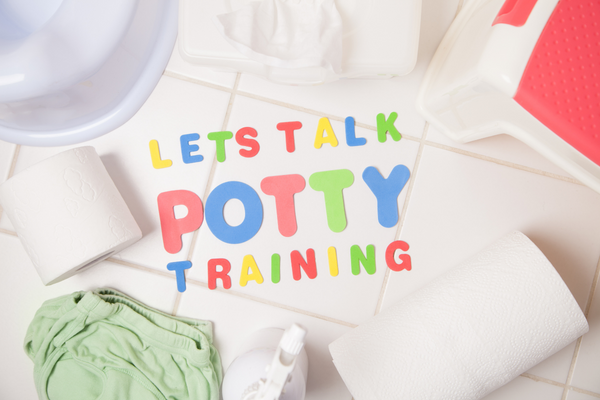As you stare at your toddler standing in a puddle, you might think they spilled the water. But alas, it’s not water.
Maybe it’s a once-off bump in the potty training road, but what if it’s not? Accidents during potty training are completely normal, but so is potty training regression.
No parent wants to hear those words, particularly when they are seeing the light at the end of the tunnel. Luckily there are simple ways to help your child deal with accidents and regression.
Disclaimer: This blog post contains affiliate links . If you use them, we might be rewarded credit or a commission of the sale. Please note that we only recommend tools that we personally use and love and we always have our readers’ best interest at heart.
What is Potty Training Regression, And Is It Normal?
Intermittent accidents are not potty training regression. If your potty-trained child has an accident one week and nothing for the next few weeks, they are not regressing. Instead, they had something more important going on in their brain that displaced remembering to use the toilet.
Potty training regression is when your child has accidents regularly, doesn’t want to use the toilet, or asks to wear diapers again.
This might sound terrifying to the parent of a newly potty-trained child, but it is entirely normal. Children learn in unique ways, and sometimes learning needs to be reinforced. This might be the case with your child and potty training.
Causes Of Potty Training Regression
Potty training regression can happen for a number of reasons that are very common and easy to deal with. If you suspect something more serious is happening, take your child to the doctor for peace of mind.
Here are some of the reasons your child might be regressing:
- They have had a change in their school or childcare routine
- You have introduced a new sibling into your home
- There have been significant changes in your family, such as death, divorce, or moving to a new home
- It’s possible your child is constipated or has a UTI
- They might be experiencing stress or school anxiety
- Your child might be dealing with big emotions that take up all their focus
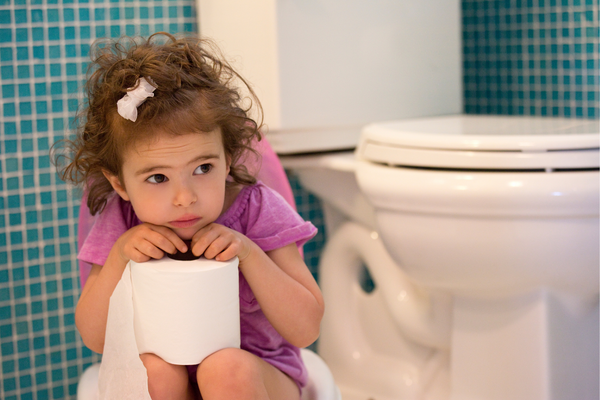
How Long Do Potty Training Regressions Last, and Can You Correct Them?
Potty training regression can last a few days, weeks, or up to a month.
Suppose your child is continually wetting themselves after a month. In that case, you might need to take them to see a doctor or stop potty training altogether. It’s possible your child wasn’t ready to start potty training, and you may need a break.
The good news is that potty training regressions can be corrected.
First, you need to identify the problem or reason your child is not making it to the toilet in time. This could be anything from stress at school to dealing with the emotions of a new sibling.
Once you have identified the cause, decide on practical steps that you can take to help your child overcome their anxieties. This could be a reward chart, special time without their new baby brother or sister around, or talking about their emotions.
It is important that you express your expectations clearly and let your child know that you are there to support and love them.
Potty Training Accidents
Potty training accidents are normal and expected as your child learns to use the toilet independently.
They are also valuable learning opportunities. Your child has a chance to notice their bodily cues and how far their body can go before an accident happens.
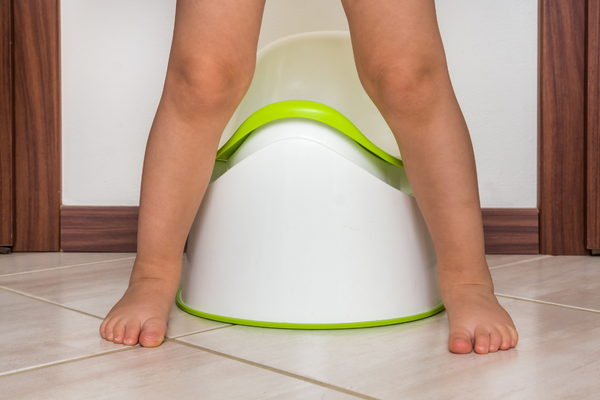
How Many Accidents is Normal During Potty Training?
One or more accidents a day during active potty training is completely normal. But this number also depends on your child because each child is unique.
If your child continuously has accidents without successfully using the potty, then it’s possible they are not ready to start potty training.
Dealing with Potty Training Accidents
How you deal with your child when they have an accident is very important to your potty training success. It is essential to be empathetic and avoid shaming your child or punishing them.
Here are a few things you can do with your child when they have an accident:
- Chat to them about what happened and if there was a reason for it
- Remind them about the potty training basics and how, since they don’t wear diapers anymore, it is important to head to the toilet when they need to go
- Talk to them about the physical cues they would have noticed in their bodies after the accident
- Don’t show them you are disappointed, but offer support and guidance
Why does My Potty-Trained Child have Accidents?
Most children have control of their daytime bladder by the age of four, but this can sometimes take longer for overnight control. That means that they should not be having accidents at this stage.
If your child is newly potty-trained, you can expect accidents for up to six months afterward until they have a firm grasp on using the potty and recognizing their body cues.
However, just because your child is potty trained doesn’t mean they won’t still have accidents.
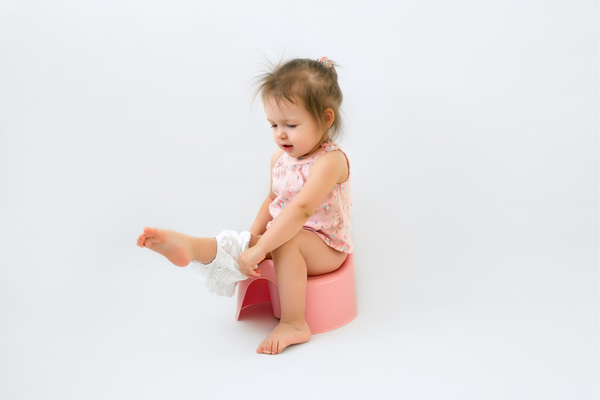
If your child is constipated, there’s more chance they will have an accident, so encourage them to drink lots of water and eat fruits and vegetables.
Your child might also have FOMO and become so engrossed in a game or activity that they miss their body’s cues to use the toilet.
Some children also experience stress and anxiety in school and are afraid to miss something in the classroom by leaving to go to the bathroom.
There could be several reasons your potty-trained child is having accidents, and the best thing to do is chat with them about it so you can come up with a solution.
Potty Training is a Wild Ride
Potty training can be challenging for families, and accidents and regression can make it even more difficult. But if your child is experiencing a regression, you don’t need to panic because it is normal.
Regressions only happen for a short period, and with your love, support, and guidance, your child will be back to using the potty in no time.
